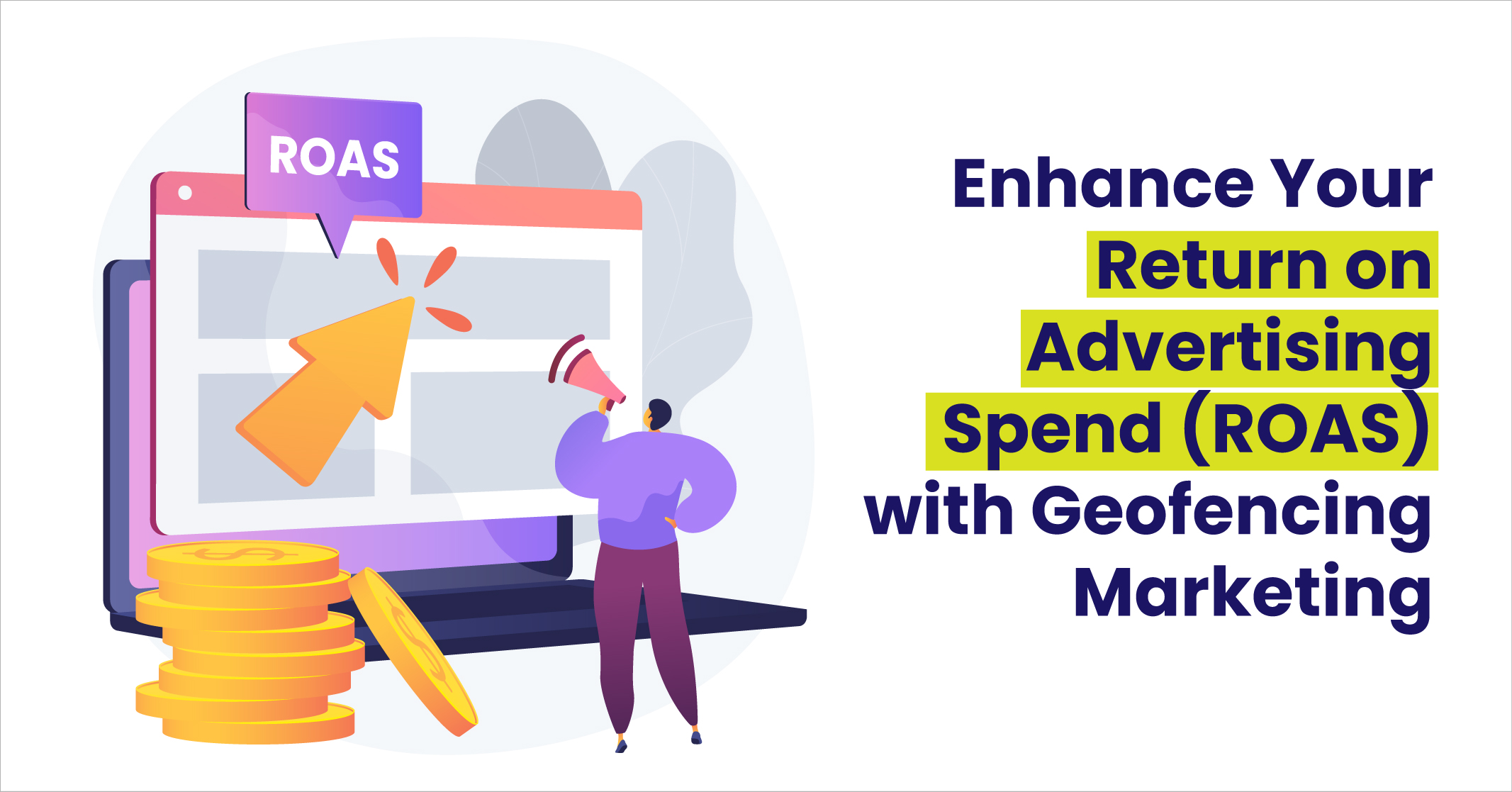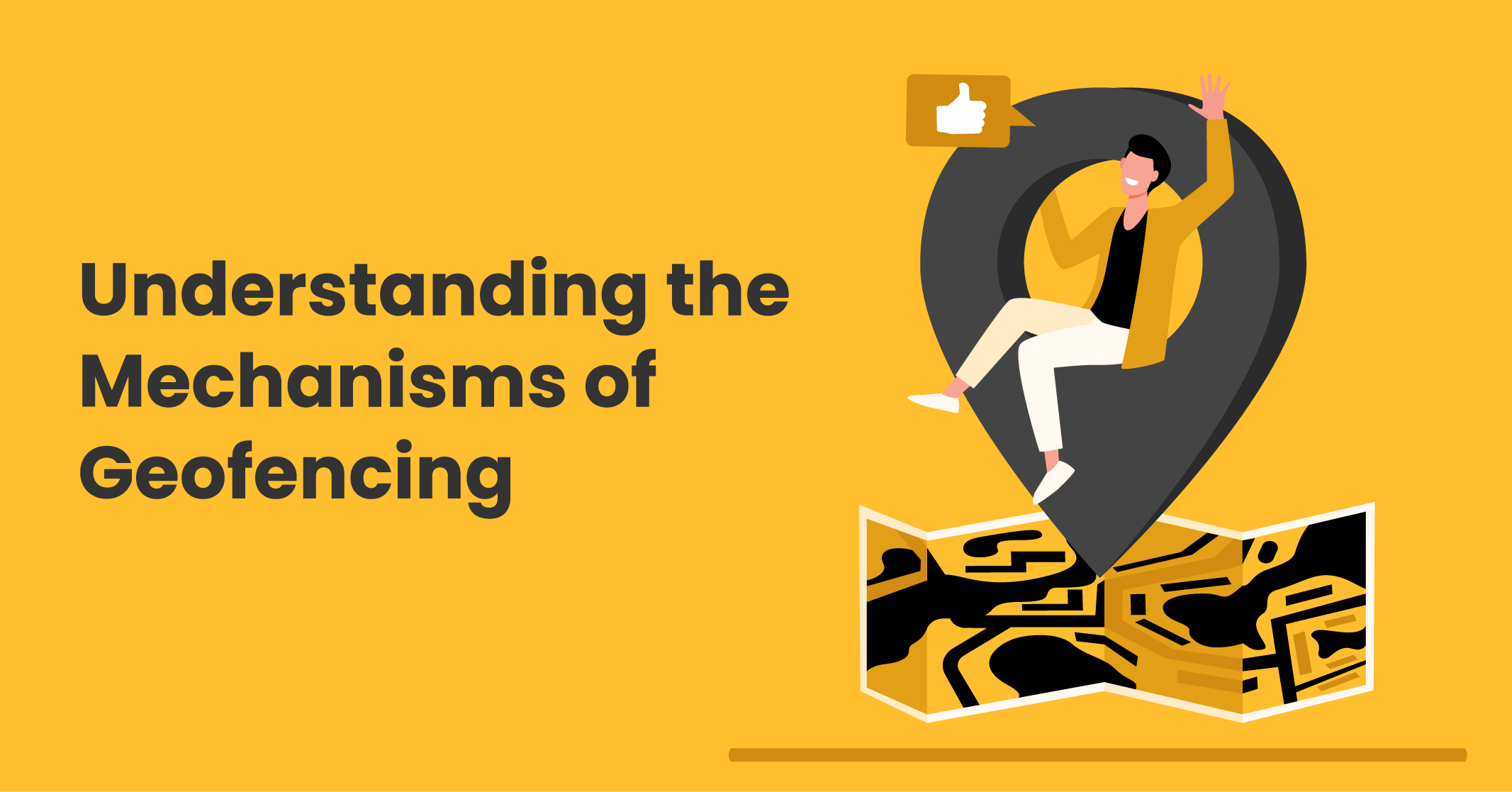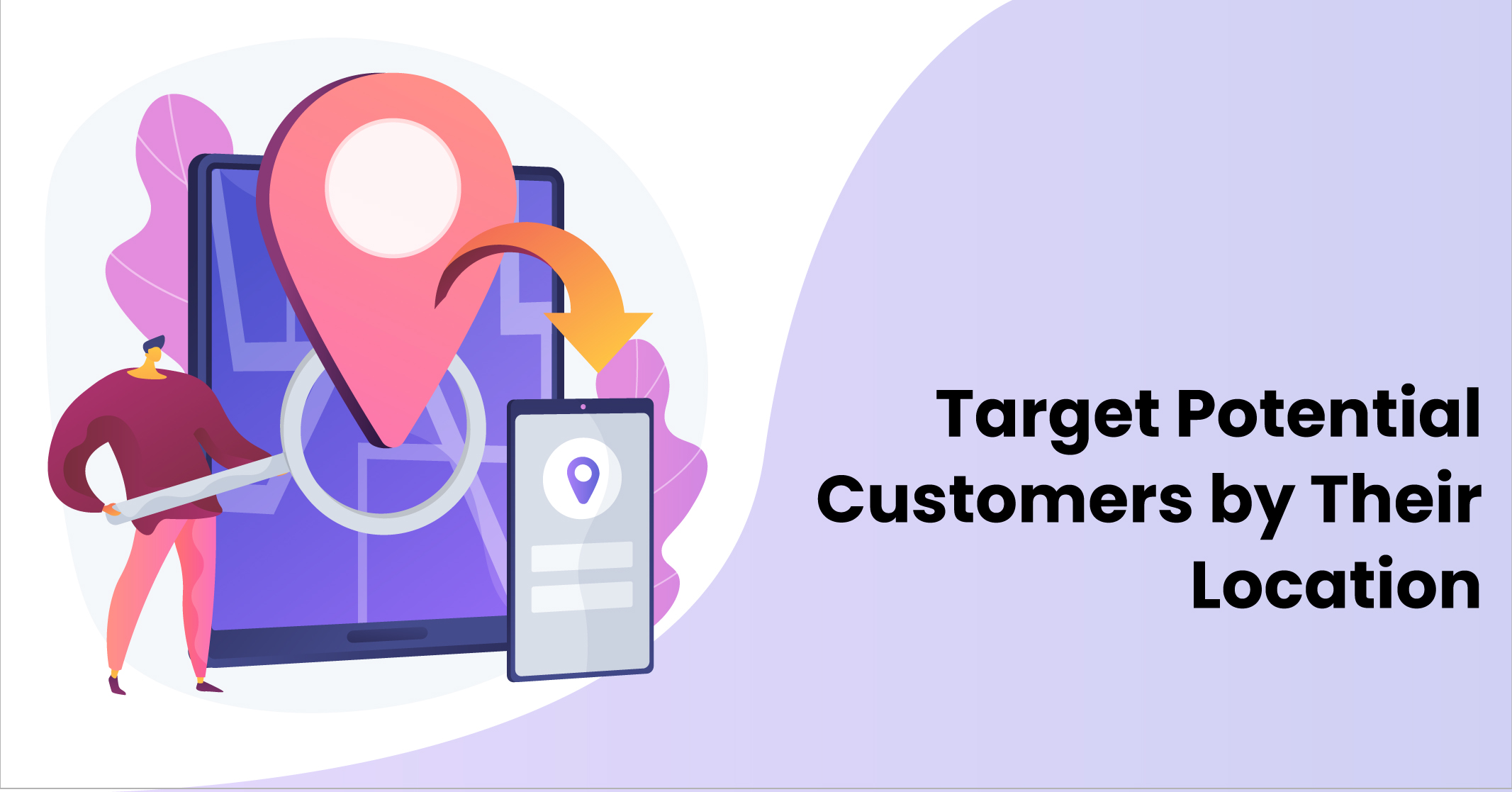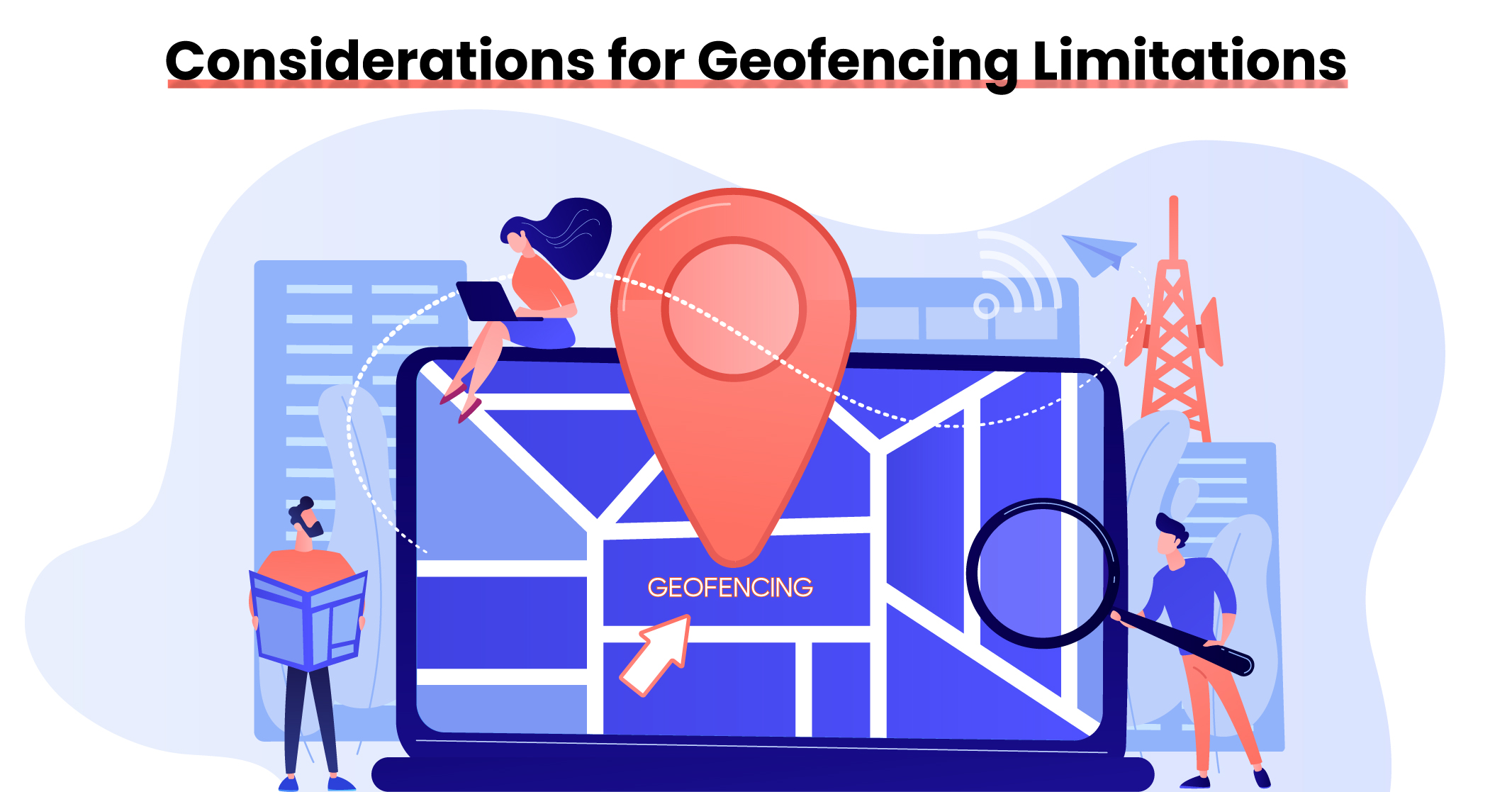I hope you enjoy reading this blog post.
If you want to get more traffic, Contact Us

Click Here - Free 30-Minute Strategy Session
Be quick! FREE spots are almost gone for this Month. Free Quote

Geofencing serves as a marketing strategy that identifies potential leads by their geographical location. The remarkable aspect of geofencing marketing lies in its ability to utilis precise location data to engage individuals, leveraging their whereabouts as an indication of their potential interests.
Within this blog, we will explore several prevalent approaches to utilising geofencing to bolster marketing endeavours.

Click Here – Free 30-Minute Strategy Session
Be quick! FREE spots are almost gone for this Month

Geofencing marketing empowers advertisers to pinpoint precise location targets, aiming to engage individuals within those locations. Utilising mobile location data, these platforms identify when a potential customer is present in the designated location.
Employing a geofencing marketing strategy tailored to your marketing objectives offers a remarkable opportunity to enhance your ROAS, or return on ad spend. By geotargeting, you can effectively filter out a significant portion of individuals who may not have genuine purchase intent for your product or service.
Geofencing marketing examples and strategies further illustrate the effectiveness of this approach in reaching and engaging specific audiences.

Geofencing marketing offers marketers the opportunity to unleash their creativity. Consider your target market and ask yourself:
Let’s take the hospitality industry as an example. If you’re promoting a hotel, your prospects are likely travellers. Their specific characteristic is needing accommodation away from home. Considering this, where can you find people who are travelling? The airport is a prime location.
Now, should you geotarget the airport all day, every day? It depends. However, focusing on the evening and late-night hours can be valuable, particularly in capturing those stranded travellers who didn’t plan to stay overnight in your city.
To implement geofencing marketing effectively, explore options like using geofencing marketing platforms, setting up geofencing marketing on Google, and understanding the process of establishing a geofencing marketing platform.
Learn More: Google Maps Marketing
Geofencing enables businesses to target individuals near their physical location and entice them to visit through targeted advertisements. For instance, a restaurant in a mall food court could geofence the entire mall before mealtimes to attract potential customers.
However, geofencing goes beyond acquiring additional foot traffic. It can also be used to create audiences from existing store visitors. Some businesses employ geofencing within their premises to encourage sign-ups for email lists or downloads of loyalty apps.
By combining geofencing to drive foot traffic with audience-building campaigns, businesses can maximise the effectiveness of their advertising budget. This approach ensures ongoing marketing opportunities for prospects, even when they are not near the physical location.
Discover the best geofencing marketing tips to further enhance your advertising efforts.
When representing your company at a conference or tradeshow, networking with numerous attendees is crucial for a positive return on investment (ROI). Geofencing the conference location allows you to stay top of mind for participants.
Utilize ads with compelling calls-to-action (CTAs) to encourage booth visits or direct attendees to a landing page for further engagement, especially if your brand already has significant awareness at the conference.
Even if you’re not attending, geofencing relevant events provides an opportunity to target audiences with specific interests. For example, if you sell light fixtures, targeting homebuilder events or public home shows can be effective.
Similarly, if you sell fan gear, targeting events featuring beloved teams or entertainers allows you to promote your merchandise. Additionally, by remarketing to those who clicked through to your site but didn’t make a purchase, you can further optimize your geofencing marketing strategy.
Discover more geofencing marketing ideas and tips to elevate your conference or event-targeting approach.
Lastly, a highly effective application of geofencing involves targeting potential prospects who are visiting competitor locations. For instance, a Ford dealer could strategically aim their marketing efforts at other car lots in the area, showcasing their new or used inventory.
This approach allows businesses to capitalise on the opportunity to attract customers who are actively exploring alternatives and make their offerings stand out.

Although geofencing is a valuable tool, its utilisation by marketers is still relatively limited. This may be due to a couple of reasons. Firstly, many marketers are unaware of its possibilities as it requires a specialised platform (unless targeting a broad mile radius, which is often ineffective). Secondly, there are some drawbacks to consider with geofencing.
The key downsides of geofencing include:
Explore geofencing marketing tips and ideas to optimise your campaigns and address these considerations effectively.
While Google or Bing don’t allow precise geofencing due to their minimum 1-mile radius target, you can still leverage geofencing principles within your search, native, and display campaigns to achieve similar outcomes.
For instance, as a retailer selling fan gear, you can strategically target a 1-mile radius around the central area of a college campus using search and display campaigns. This approach capitalises on the high probability that a significant portion of the campus population would have a genuine interest in your product based on its physical location.
By implementing targeted campaigns, you can effectively engage this specific audience and drive relevant traffic to your business.
To wrap up, geofencing and geo-marketing offer a broad range of possibilities for businesses of all sizes, regardless of their budget. By grasping the concept of geofencing marketing and its utilisation, you can intelligently target potential customers in a focused manner, ultimately boosting your return on ad spend (ROAS).
This article aims to provide you with insights into the worth and prospects of hyper-local digital advertising. Now, you have a better understanding of its value and the opportunities it presents.

LEAVE A REPLY